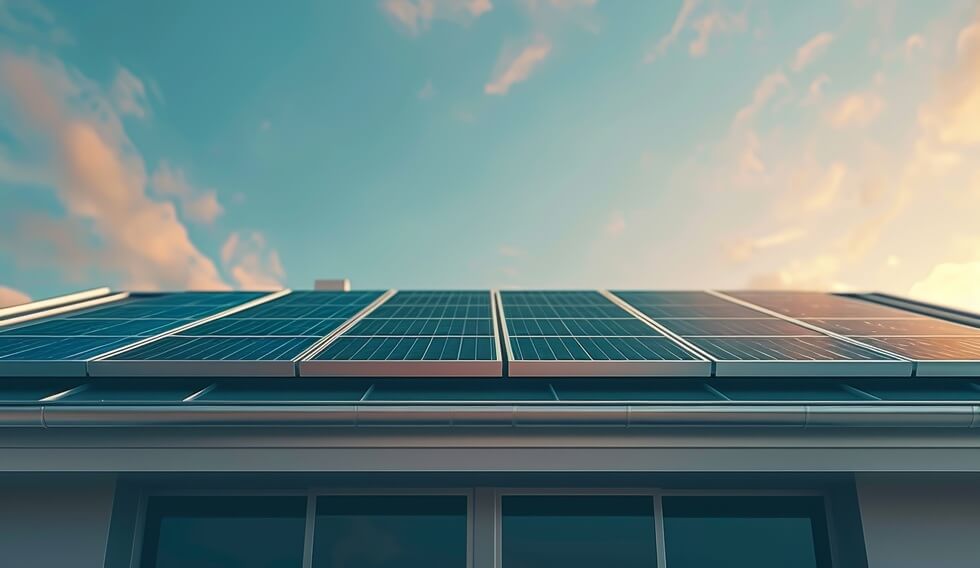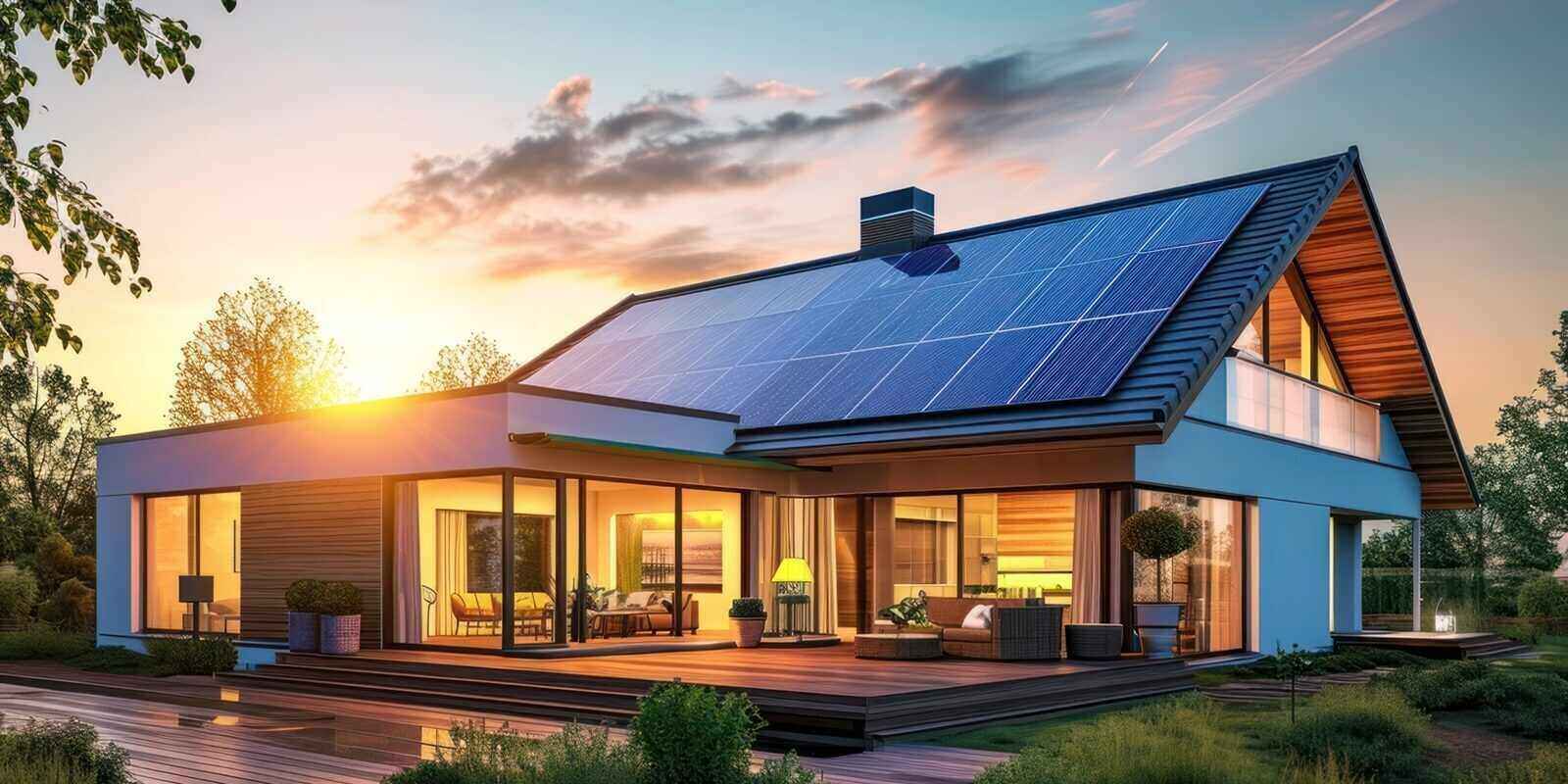For many, residential solar panels can be a great investment for a home, reducing the property’s grid reliance, decreasing its carbon emissions, and lowering its utility bill. However, not all homes are ready-made candidates for solar. In some situations, homeowners may need to make adjustments or repairs before they install solar panels.
An experienced installation company will complete a full assessment and advise the homeowner of any corrective measures or preparations that are necessary for the short and long term success of the solar panel installation. Here are a few of the top areas of concern and how to overcome them.
What Makes a Home a Good Solar Candidate
Most people understand that solar panels need access to sunlight. However, this is far from the only consideration when installing a solar array.

A Suitable Rooftop
As a safety concern, the most important element of a solar installation is whether the roof has the ability to support an array. Despite common misconceptions, solar panels are not installed directly on the shingles. Instead, a supportive structure holds the panels in place on top of the roof. If the roof condition is not sturdy enough to support this framework, it should be repaired or replaced, as needed, before solar installation takes place.
Similar to the real estate slogan, “Location, location, location…”, the ideal roof will be pointed in a favorable direction. In general, south-facing roofs will gather the most energy from solar panels but east- or west-facing roofs can also provide ample sunlight for an array.
If a roof is obscured by nearby tall buildings or trees with thick canopies, they may not receive enough sunlight to generate the energy a homeowner expects. The good news is that obstacles such as trees can very often be trimmed or modified!
Additionally, for roofs that are not suitable for solar, the best installers can provide ground- or pole-mounted systems, which can produce a favorable ROI because they can then be custom-oriented for the best performance.
A Solar-Favorable Provider
In some states, net metering is a possibility, which helps homeowners earn money by feeding their excess energy back to the grid. In other locations, however, these two-way meters are not as common, and the local energy provider may not be able to use them.
While this consideration is not usually a deal-breaker, it can be an important piece of the puzzle when considering a solar installation. Maryland does allow net metering!
An Appropriate Energy Bill
Solar panels can save homeowners money on their energy bills, but a home is not necessarily a good fit for solar installation if its electric bill is already low. Usually, a bill of around $50 is the cutoff for what is “worth” an installation. Anything lower than that will not see much of a change from the addition of solar, as some of a monthly bill is made up of service and connection fees that solar cannot change (at least while being on the grid).
An Ideal Location
The home’s location relative to the sun is important, but so is its location in general. Some climates see significantly more sunny days—think of the difference between rainy Seattle and the bright Yuma, Arizona, known for its average of 90% sunny days each year. The more sun a homeowner’s location gets on average, the better the home is for solar.
A Plan for the Future
Homeowners who are still not sure whether their home is ready for solar panels should think about what the future holds. Are there plans to invest in a significant remodel or roof replacement soon? If so, holding off could be a smart choice. Similarly, if there are plans to move at some point, the timeline for selling the home can impact the choice to install panels.
While solar panels add around 7% to a home’s final sale value, it can also be hard to sell a home with brand new panels that are barely paid off. Consider how much of a down payment is possible and what the bill for installation will be vis a vis the sale timeline to see if installation right now is the best choice.

Convert to Solar to Enjoy Its Benefits
Many factors contribute to whether a home is ready for solar panels. On one hand, there are physical considerations with the home itself. Is it structurally sound? Is the roof in good condition? Is the electrical system ready to add solar components?
On the other hand, less concrete factors also play a role, such as the homeowner’s future plans and the location of the property. If you are still not sure whether you and your home are right for solar panels, connect with professional installers who can review the facts of your situation. Contact Energy Select to discuss your goals and learn whether your home is ready for solar panels.


